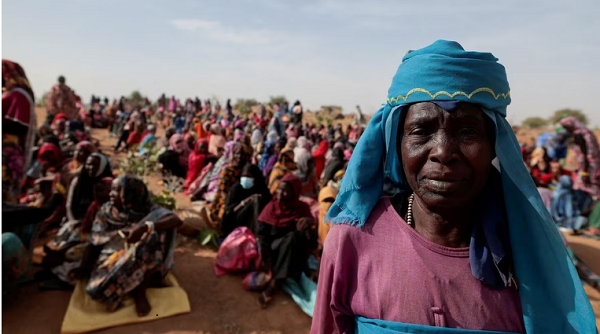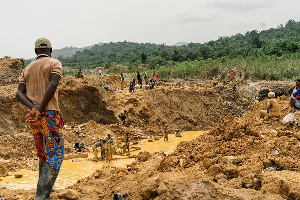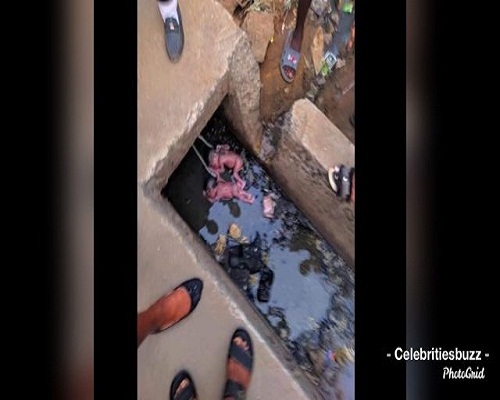Death stalks Sudan war victims as world focuses on Gaza

As the war in Sudan nears one year since it broke out on April 15, 2023, humanitarian agencies are concerned that the world has abandoned the country to focus on the war in Palestine.
According to the latest reports by the United Nations Office for the Coordination for Humanitarian Affairs (Ocha), the humanitarian crisis is reaching catastrophic proportions, amid “inattention” and “inaction,” by the international community.
Ocha head Martin Griffiths said that Sudan is one of the worst humanitarian disasters in recent memory in Africa, courtesy of the sheer scale of humanitarian needs, and the number of people displaced and facing hunger.
Carl Skau, deputy executive director of the UN World Food Programme (WFP), warned that Sudan could become the world’s largest “den” of hunger, given that the ongoing war could affect the planting season, which begins in May.
In March, the fighting intensified in various parts of the country as the army, headed by Gen Abdel Fattah al-Burhan, routed the paramilitary Rapid Support Forces (RSF) led by Mohamed Hamdan Daglo, in Omdurman in Khartoum. The Saf recaptured the radio and television station in Omdurman, which served as an RSF command center.
The RSF is deploying reinforcements towards Omdurman.
Appeals by the UN Security Council in early March for a ceasefire during Ramadhan to allow more access to humanitarian aid have been ignored. The RSF is now consolidating its positions near the borders with Chad and Libya, amid allegations that the paramilitary is increasingly using foreign fighters.
Gen al-Burhan and his deputy, Lt-Gen Yasir al-Atta, accuse the RSF of recruiting fighters from Niger and Chad.
Last week, the Saf paraded 14 alleged mercenaries from South Sudan whom they said possessed expertise in operating heavy artillery and unmanned aerial vehicles. This echoes a similar concern in February when a UN panel of experts reported that RSF was allegedly receiving fuel supply from South Sudan.
While Juba denied the claim attributing it to renegade soldiers and various militia groups in South Sudan, the report by experts detailed how trucks transported fuel weekly from Juba to Wau, then used civilian Land Cruisers for further transport to Raja.
In the end, the fuel would reach RSF control points in South Darfur through Kafia Kingi. While absolving the Juba government, the e report mentioned that army officers in Wau were involved in the fuel trade.
According to the latest reports by the Armed Conflict Location and Event Data Project (Acled), the Saf’s offensive shift has altered the dynamics of the battle in the metropolitan area of Khartoum. Clashes have also raged in the al-Jazirah state, southeast of the capital city, as the RSF and the Saf locked horns along the borders with neighboring Gedaref, Sennar, and White Nile states.
Source: theeastafrican.co.ke





